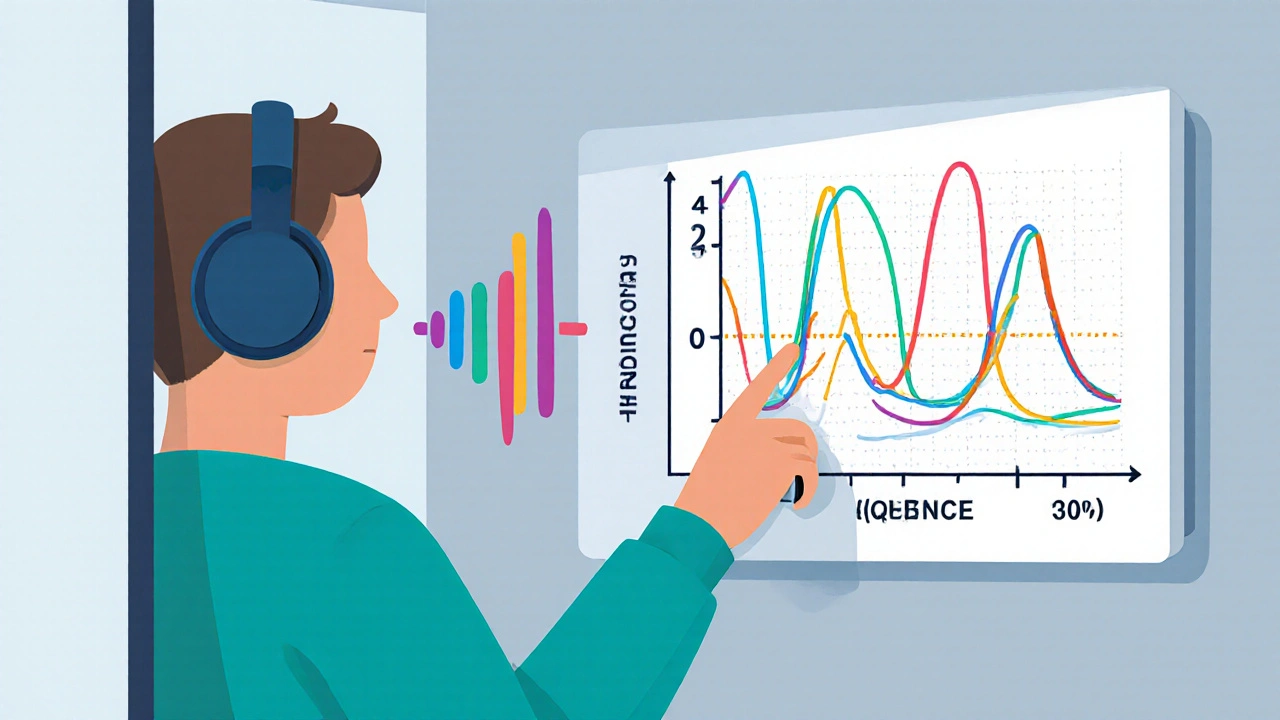Decibel Levels: Understanding Sound Exposure and Health Risks
When we talk about decibel levels, a unit that measures the intensity of sound. Also known as dB, it's not just a number on a meter—it's a direct line to your hearing health. Anything above 85 decibels for long periods can start damaging your ears. That’s the noise level of heavy city traffic or a lawnmower. You might not feel pain, but your inner ear hair cells are quietly dying. And once they’re gone, they don’t come back.
Not all loud sounds are the same. A rock concert hits 110 to 120 decibels—that’s louder than a chainsaw. Even a few minutes there can cause temporary ringing or muffled hearing. If it happens often, that’s the start of permanent noise-induced hearing loss. Workers in factories, airports, or construction sites face this daily. OSHA requires hearing protection above 85 dB for an 8-hour shift, but many people don’t realize that exposure time matters just as much as volume. At 100 dB, safe exposure drops to just 15 minutes. At 110 dB, it’s under 2 minutes.
It’s not just about work. Personal audio devices can be just as risky. Listening to music at full volume through earbuds can hit 105 decibels. Many people do this for hours without thinking. Kids and teens are especially vulnerable because their ears are still developing. And then there’s the quiet danger: sudden loud noises like gunshots or fireworks, which can hit 140 to 170 decibels. One blast is enough to rupture an eardrum or destroy hearing cells instantly.
What you can’t hear is often what hurts you most. Hearing loss from noise builds slowly. You might not notice until you’re asking people to repeat themselves, turning up the TV too loud, or struggling in noisy rooms. By then, the damage is done. The good news? You can stop it before it starts. Use earplugs at concerts. Choose noise-canceling headphones so you don’t have to crank the volume. Take breaks from loud environments. Check the decibel ratings on power tools and appliances. Protecting your hearing isn’t about being cautious—it’s about being smart.
Below, you’ll find real-world guides on how noise affects your body, what medications can make you more sensitive to sound, how to spot early signs of damage, and what steps to take if you’re already exposed. These aren’t theoretical warnings—they’re practical tools from people who’ve lived through it.
